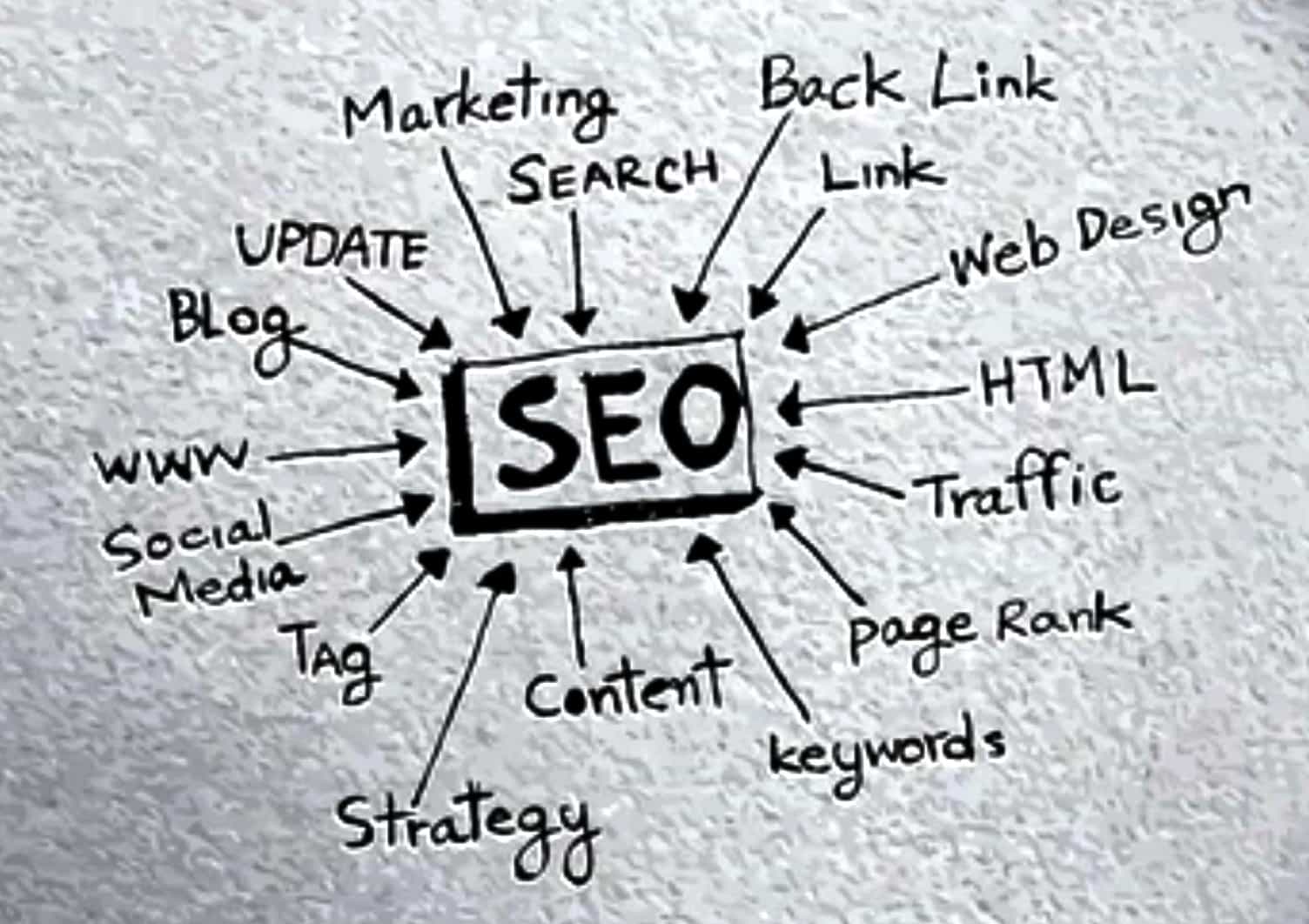Dealing with content-heavy websites? Then pagination in SEO is your key to success. Why? By dividing extensive content into smaller sections, site owners provide simpler navigation and quicker access to desired information. This results in an improved browsing experience that keeps visitors engaged and makes it easier to find what they’re looking for. In short, if you want your users to stay on your page longer and find what they need quickly, implementing pagination is the way to go!
SEO pagination is a powerful optimization technique that can significantly enhance the search engine rankings of your paginated content. Its primary objective is to help search engines understand the relevance and context of your content more accurately by analyzing URLs, meta-data, and internal links. With SEO pagination implemented correctly, you enable search engines to interpret the hierarchical structure within paginated content effectively. This method ultimately leads to better visibility and higher engagement from your target audience while ensuring an exceptional user experience.
Long-form content can be overwhelming and challenging to navigate, leading users to bounce back without engaging. That’s why it is crucial to incorporate SEO pagination when creating lengthy materials. By dividing the information into smaller chunks, readers can quickly grasp and retain knowledge more efficiently without feeling lost or intimidated. This makes for a smoother reading experience that increases user engagement while improving search engine rankings as well.
SEO pagination solves common issues related to duplicate content and crawlability. To achieve this, you need an effective strategy that involves using clear URL structures, canonical tags, optimized metadata, and prominent navigation options while integrating structured data markup. By doing so, search engines can differentiate between paginated pages and avoid penalizing duplicated content. Ultimately it enhances the crawlability and indexation of your website’s paginated content.
Challenges of Pagination SEO
Duplicate Content:
Pagination can lead to issues with duplicate content. Improper management of pagination may cause search engines to consider several pages with similar information as identical, causing harm to search rankings.
Crawlability and Indexation:
Search engines use crawlers to locate and record web pages. Pagination is crucial, but if not executed properly, it can cause problems for the crawlers while browsing through numbered content that results in incomplete indexation lowering visibility.
User Experience:
Incorporating optimal pagination can significantly impact user experience. Improper optimization may cause users to face navigation challenges when browsing through multiple pages, leading to frustration and an increased likelihood of bouncing off the site. Consequently, this could adversely affect key metrics such as engagement levels and overall website performance.
Best Practices for SEO Pagination
Implement Clear URL Structure:
A clear and logical URL structure is essential for SEO pagination. Instead of using generic URLs, such as “page1.html” or “article?page=2,” opt for descriptive URLs that indicate the page’s position within the pagination sequence. For example, use “article/page/2” or “category/page/3″ to give search engines and users a clear understanding of the page’s context. Additionally, include rel=”prev” and rel=”next” tags in the HTML code to establish the relationships between the paginated pages, helping search engines understand the sequential order.
Use Canonical Tags:
To handle duplicate content, ensure to specify a canonical URL for each paginated page. This tells search engines whose version of the content is preferred and consolidates ranking signals into one main page. To do this, include the canonical tag directing towards either the first or primary source of content. Doing so prevents diluting your ranking potential across multiple pages.
Optimize Metadata:
Crafting unique and compelling meta titles and descriptions for each page in paginated content is crucial. These elements communicate to search engines the relevance of your content while enticing users to click through from search results pages. Including relevant keywords in your meta titles and descriptions accurately represents the content on every specific page, optimizing these elements can significantly increase click-through rates resulting in more targeted organic traffic on your paginated content.
Provide Clear Navigation:
For a seamless user experience with paginated content, easy navigation is crucial. That’s why it’s important to include clear and intuitive pagination controls that allow users to move around the pages without any hassle. To do it, use classic page links with numbers, “previous” and “next” buttons should also be added. And if applicable, consider including an option for “view all”. By providing these simple navigational elements the engagement of your users will rise up, and they can easily access whatever they want within the paginated pages.
Implement Structured Data:
Using Schema.org’s pagination markup is a useful way to provide search engines with more information about paginated content. This structured data improves website visibility and helps users understand how pagination functions. To maximize these benefits and communicate this valuable context, effective utilization of the structured data markup is essential.
Monitor and Analyze Performance:
It’s crucial to routinely track and analyze the performance of your paginated pages. This means observing organic traffic, engagement metrics like time spent on page and bounce rate, as well as conversion rates. When analyzing these metrics, be sure to pinpoint any problems or potential improvements that can be made to your pagination strategy. An instrumental step in this process is using web analytics tools that provide insights into user behavior, helping you evaluate how successful your SEO pagination efforts are going. By keeping up with performance and refining accordingly, you will enhance user experience and effectively boost SEO results.
By integrating these techniques, one could enhance the optimization of their paginated content for search engines, deliver a seamless user experience, and increase visibility by maximizing potential exposure in organic search results. If you would like to learn more about pagination and technical SEO, feel free to contact one of our experts for a strategy session.






